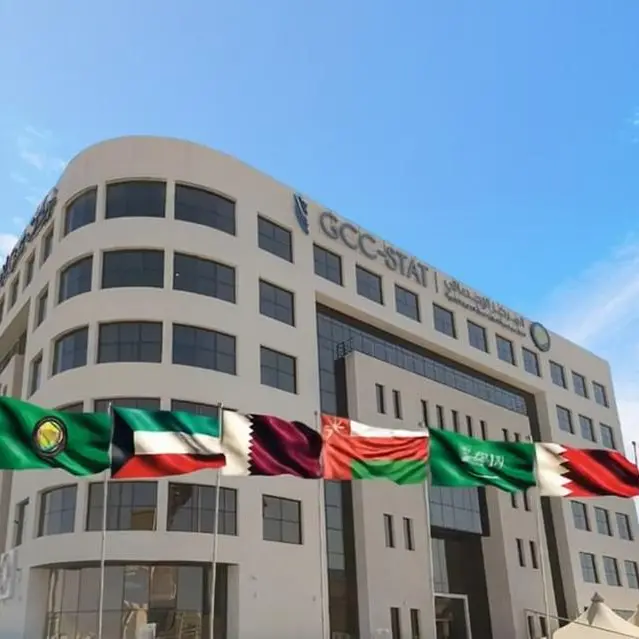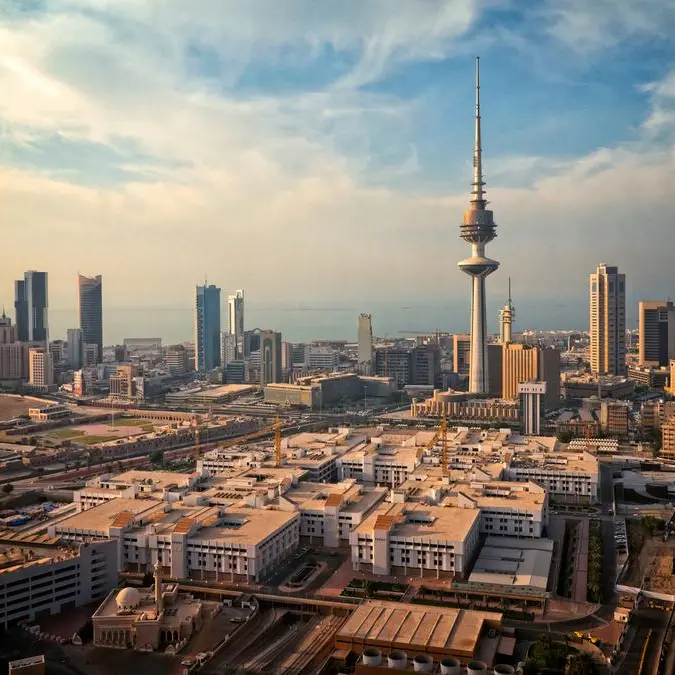Saturday, Jan 23, 2016
Dubai: Asset managers are taking a hard look at emerging market equities (EEM), which was once considered as the investor darling.
The MSCI Emerging market index tumbled 27 per cent in 2015, after a steady 2013 and 2014 even as it continued its southward journey since the start of the year due to turmoil in China, the world’s second-biggest economy, triggered by concerns on growth.
To add to this, investors have been net sellers in the emerging market space. As of the week ending January 8, EEM saw total outflows of $387 million (Dh1.4 trillion), compared to inflows of $540 million during the previous week.
Emerging markets had net capital outflows of $735 billion in 2015, up from $111 billion in 2014 and more than previously forecast, and are expected to see $448 billion of outflows in 2016, according to the Institute of International Finance.
The International Monetary Fund (IMF) on Tuesday warned of substantial risks in the major emerging market economies. The IMF expects slower Chinese growth, a stronger US dollar, collapsed oil prices and political turmoil could all wreak further havoc on struggling economies such as Russia and Brazil and across the Middle East, putting the brakes on the global recovery.
But asset managers feel there could be some value left in the EEM space but it comes with a huge risk.
“One could say that value is appearing in many EM equity markets, but that unfortunately is not the same as this being the right time to buy,” Giles Keating, managing director, head of research and deputy chief investment officer at Credit Suisse told Gulf News.
“Certainly across Asia, measures such as price-earnings and price-book now appear low by historical standards, and the same is true in parts of Latin America, while in the Middle East markets, the uncertainty over oil prices makes it much more difficult to assess value than usual,” Keating said, adding “but even where valuation metrics look low compared to the past, investors need to weigh this against the signals from technical analysis and other indicators of behaviour. These show patterns, in many cases, that can be interpreted in two widely different ways, either to a significant recovery or to a very marked decline. In summary, there is value on many measures but risk is unusually high.”
Falling oil prices
While falling oil prices had negative implications for producing countries like those in the Gulf, the consuming nations such as China and India are rejoicing over their balance of payments.
“Low oil prices are a big tailwind for net energy importing countries [i.e. India, Turkey and others] with a high current account deficit (because of former high oil prices) and high inflation. The low oil prices let inflation fall, the current account [to] shrink, which leads to lower interest rates, higher GDP growth, higher EPS and ultimately higher stock market prices. India is the best example to mention,” Heinz Rüttimann, Strategy Research Emerging Markets & Next Generation, Bank Julius Baer & Co said.
“Low oil prices are a big headwind to net energy exporters. See the GCC and others. Exports suffer, current account suffers, government income suffers, GDP growth and ultimately EPS growth and stock prices,” Rüttimann said.
Oil prices have crashed about 75 per cent since mid-2014, hit by a perfect storm of a supply glut, weak demand, a slowing global economy and a strong dollar. On Thursday Brent traded at $27.88 per barrel, a far cry from the $147 struck in early July 2008.
“The benefits to the consumers of these countries are being felt only modestly because they have either led to the governments in those countries cutting back energy subsidies [India and Indonesia] or have taken places in countries where inflation and interest rates were already lower,” Koon Chow, senior macro and foreign exchange strategist at Geneva-based Union Bancaire Privée, UBP SA told Gulf News.
In the whole emerging market complex, Julius Baer advises to focus on Asian economies, which remain their favourite valuation and EPS wise.
“Asian governments have most room for fiscal and monetary stimulus measures along with that the US rate cycle is about to start. Avoid countries with a deteriorating current account, twin deficits and negative real rates,” Rüttimann said.
Julius Baer advises investors to focus on countries with a sound macroeconomic backdrop, less vulnerable to US interest rate increases, with attractive valuations and positive earnings dynamics.
Julius Baer has downgraded emerging markets to underweight at the end of July 2015, however it has an overweight rating on China, Taiwan and India.
By Siddesh Suresh ?Mayenkar Staff Reporter
Gulf News 2016. All rights reserved.




















